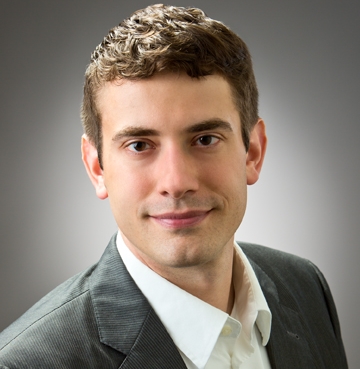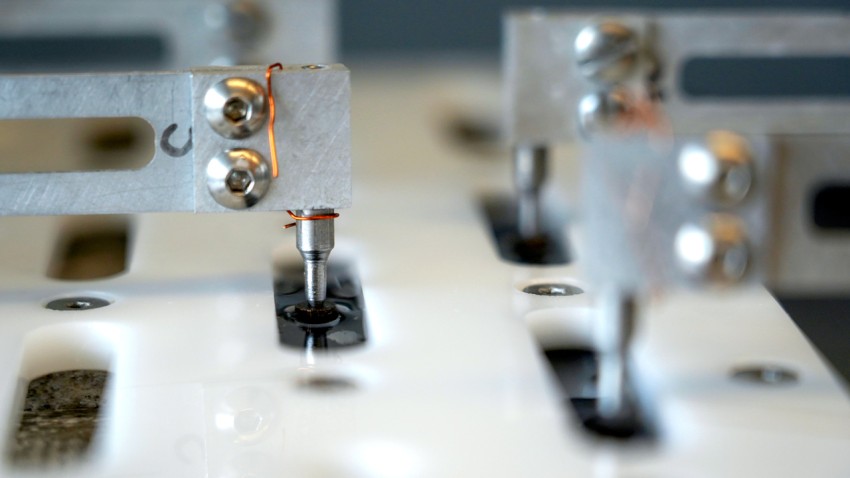Sprout Awards spring collaborative engineering research
From exploring the mechanics of early-stage bone metastasis to analyzing price formation policies in wholesale electricity markets, Cornell Engineering’s Sprout Awards are funding unique research... Read more about Sprout Awards spring collaborative engineering research




